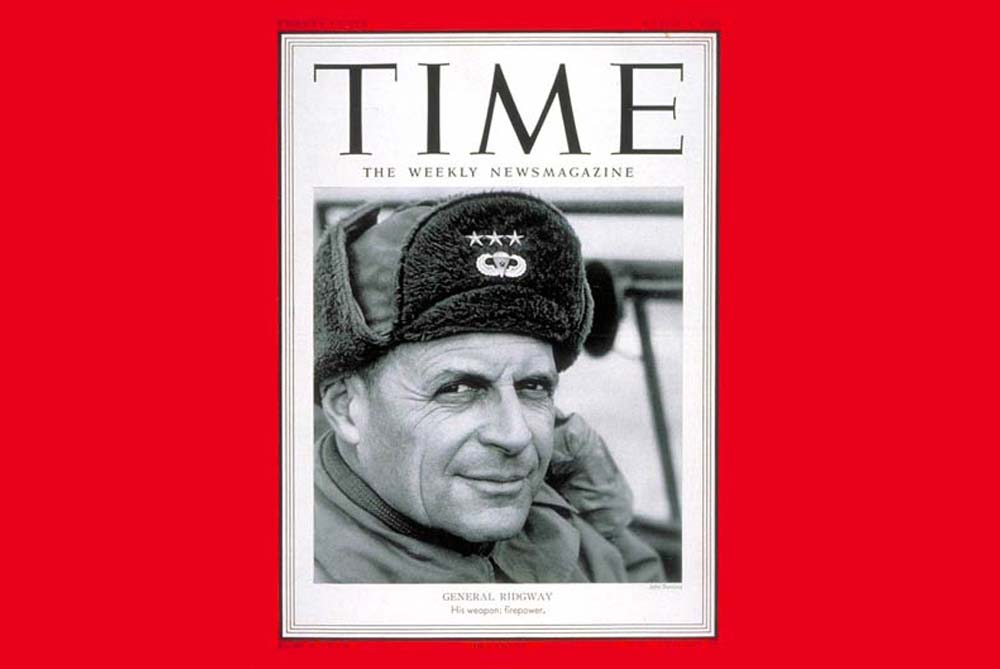Nice people get a bad rap.
Our cultural nature is to label as much of our world as we can in order to make it easier to navigate. We have good and bad; leftist and right-wing; strong and weak; male and female. But these labels are ends of a spectrum; the labels don’t fit in every instance. “Nice” is one of those labels that connotes kindness, warmth and, worst of all, weakness. In my experience, most successful business people are actually quite nice.
Maybe this binary thinking stems from our inherent pack nature that we want to know what or who is with us and what or who is against us. Or it could be labeling provides mnemonic devices to simplify decision making. If I label something as undesirable, I immediately know how to handle it when making choices, despite the fact that sometimes the label may be overly broad.
For example, when asked about going out to dinner, someone may say, “Not that place. I don’t like Mediterranean cuisine.” Really? All “Mediterranean cuisine”? That is a wide range of cultures, countries and dishes. Yet people will take a single experience and expand it into a broad statement as a way to simplify their decision cycle. As a result, they lose the opportunity to explore options that may actually produce a uniquely wonderful experience.
Similarly in business. The labels used to describe business people usually revolve around strength, such as “ruthless,” “aggressive,” and “powerful.” Some misguided business people, who have never served in the military, even use comparisons to armed conflict, saying, “business is war” because it sounds tough. (Having read and listened to veterans’ descriptions of war, I am comfortable saying there is nothing like war, except war.)
And then there’s this: “Nice guys finish last,” wrongly attributed to former Dodgers manager Leo Durocher. It’s not even a real quote* (see below), but that phrase has stained the notion of being a “nice person” in anything ever since it was first misused. The idea is that no nice person can ever succeed. Only those who are driven, hard and unforgiving will come out on top.
Not only do nice people succeed; nice people finish with more. Their results usually generate greater value than those of people who are positional or difficult in deal making. The people I have met who are not nice are usually either playing a part (someone told them to be tough) or they are insecure in their role. Being tough and saying “no” is much less risky, but it also leaves value on the table and does not develop a team spirit. Nice people collaborate, build relationships, generate trust and find more value in the deal than someone who might be positional. Nice people are better problem solvers because they will open up about their own challenges to saying “yes” in order to understand the other party’s challenges. Nice people are also a lot easier to work with and are likely to generate more business.
The fact that I consider myself a nice person does not mean I make concessions left and right. One can be nice, and disciplined, in business. Be hard on the problem, easy on the people.
*The actual quote was in response to a comment from broadcaster Red Barber to Leo Durocher about being a “nice guy” and recognizing that the Giants had played well against the Dodgers that day. Barber said, “Come on Leo, be a nice guy and give credit where it’s due.” Durocher responded, “Nice guys! Do you know a nicer guy than Mel Ott? Or any of the other Giants? And where are they? The nice guys over there are in last place!” Somehow that exchange evolved into the absolute statement, “Nice guys finish last.”



